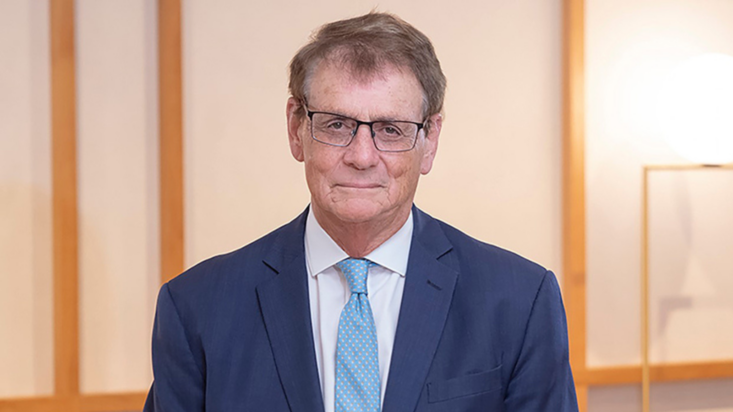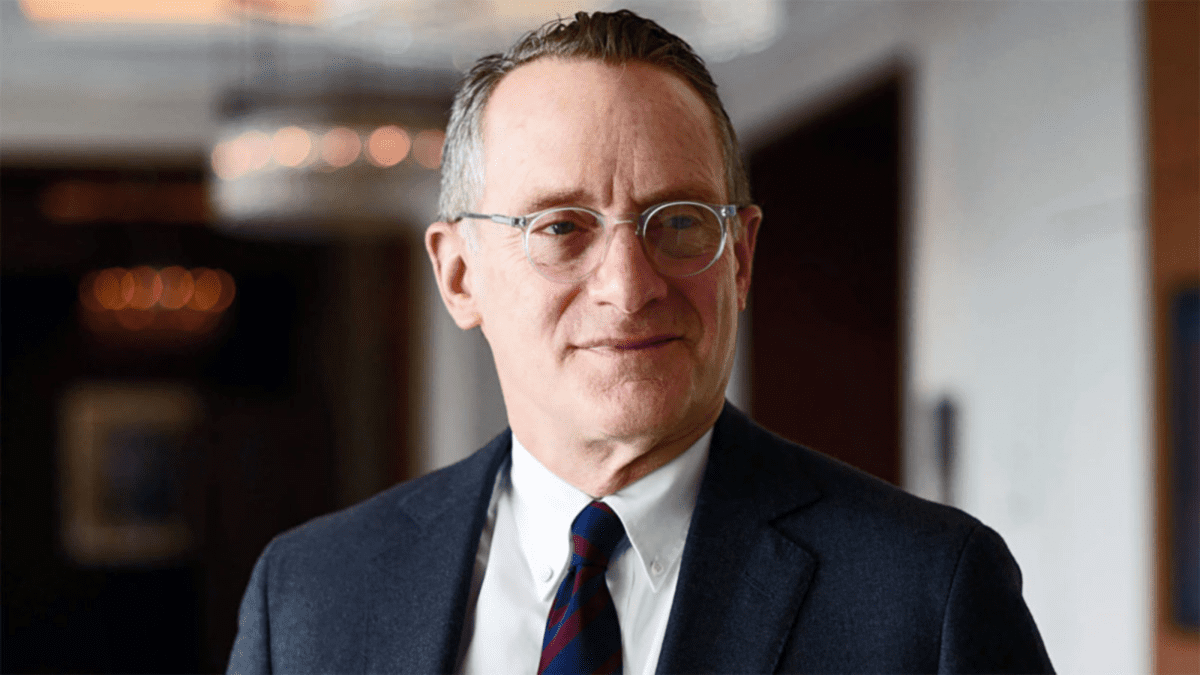Westpac’s Evans sees no rate cuts before May as pessimism digs in
Westpac’s longtime chief economist Bill Evans, who the bank announced this week will turn that post over to Reserve Bank of Australia assistant governor Luci Ellis next year, says the central bank’s pivot to an easing cycle, heavily anticipated by markets, is not likely to happen until well into 2024.
Noting that the RBA’s decision at its most recent meeting to pause rate hikes “did nothing to boost confidence”, Evans and Westpac now expect the RBA to raise the official cash rate twice more, by another 25 basis points each time, at its August and September meetings and then take a “long pause” before shifting to cuts next May.
“If, as we expect, annual underlying inflation prints around 6.1 per cent for the June quarter, and the unemployment rate continues to hold well below full employment, the case for higher rates will be clear,” the respected economist says in a July 11 research note, a day after Westpac announced he’d be stepping aside from the chief post after more than three decades.
Analysing the Westpac-Melbourne Institute Consumer Sentiment index, which rose slightly from a score of 79.2 in June to 81.3 per cent in July, Evans says the “deeply pessimistic” levels that have prevailed for the past year show that sentiment is not responding to the RBA’s June pause in interest rate increases.
“The index plunged 17 per cent over the first half of 2022 and has barely budged since then, holding in the very weak 78-86 range,” he says, adding that survey responses suggest that Australian consumers are “still clearly very nervous about the outlook for interest rates, particularly with the previous pause in April having been a ‘false dawn’.
“The key message is that sentiment is probably not going to stage a sustained lift from current deeply pessimistic levels until inflation is much lower and interest rates are firmly on hold.”
When Evans exits as chief economist, he will transition to a senior economic adviser role with the big-four bank in January, while Ellis will begin her new role in October, Westpac said. CEO Peter King praised Evans’ “legacy of trust” and “unmatched” service record in announcing the moves.
“His generosity and ability to explain the economy in clear and simple terms has meant that Australians from all walks of life have benefitted from his considerable knowledge and insight,” King said.
Ellis boasts a three-decade career at the RBA, where her senior roles included leading the financial stability department for eight years, and her experience also includes a two-year secondment at the Bank of International Settlements.
*This story was first published in The Inside Investor.











